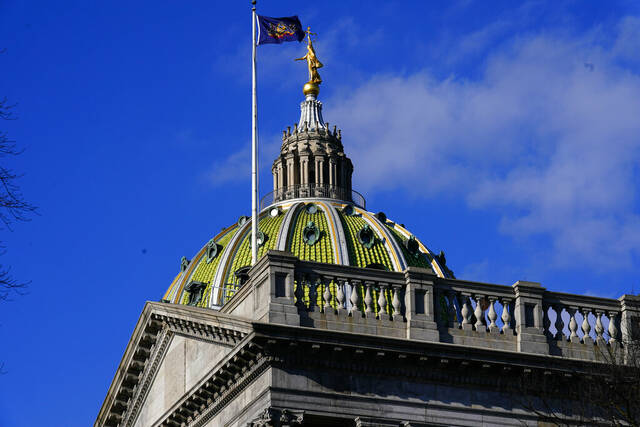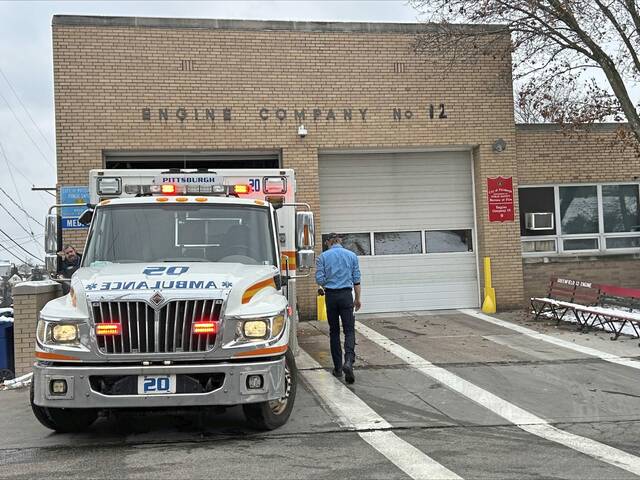The Pennsylvania Senate last week passed a bill tying together three unrelated proposed constitutional amendments that included compensation for sexual abuse victims, leaving in question whether any of those matters will appear on ballots this year as referendums.
The Senate majority wants amendments to require mandatory voter identification, even for mailed ballots, and to claim for themselves the right to veto executive branch regulations that protect the environment, workers and much else.
An unrelated amendment would create a two-year window for adults who were sexually abused as children to sue their alleged abusers. They can’t do so now because of statutes of limitations.
Ideally, the House will reject the ploy tying the popular amendment to provide reparations to abuse victims to the other two amendments.
But, if the sexual abuse amendment becomes law, the Legislature also needs to prepare for the fallout.
Much of the abuse issue focus has been on the egregious failure of the Catholic Church hierarchy to stop it. A groundbreaking statewide investigative grand jury in 2018 detailed hundreds of abuse cases committed by priests and, worse, the hierarchy’s coverups and even facilitation of such conduct.
Much of the debate about the litigation window has been about the potential financial impact on the church. But taxpayers and lawmakers must be aware that the proposal would open the litigation window for all adult victims of child sexual abuse, not just those who were victimized by wayward priests.
That means suits likely will be filed against civic youth organizations and public schools.
A conservative think tank, the Susquehanna Valley Center for Public Policy, recently published an analysis estimating that the settlement costs to public schools and the state Department of Education could fall between $5 billion and $32 billion.
Fair compensation is the most important issue, so the House should figure out how to pass a clean amendment that is not tied to egregious policy. And the state government should prepare to establish a settlement fund and nonjudicial settlement process to expedite cases and reduce litigation costs.
— The Citizens’ Voice (Wilkes-Barre)








